Life in the United States
Time 0:03:04
Return to American Experiences Gallery
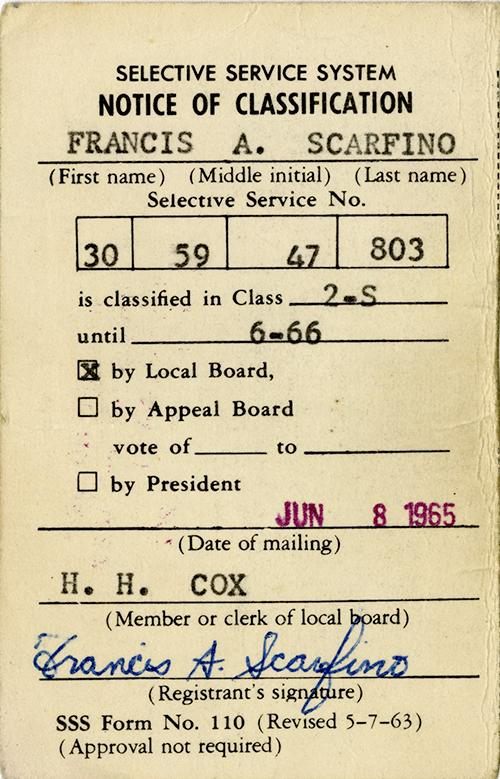
Credit: Canadian Museum of Immigration at Pier 21 [DI2016.393.3]
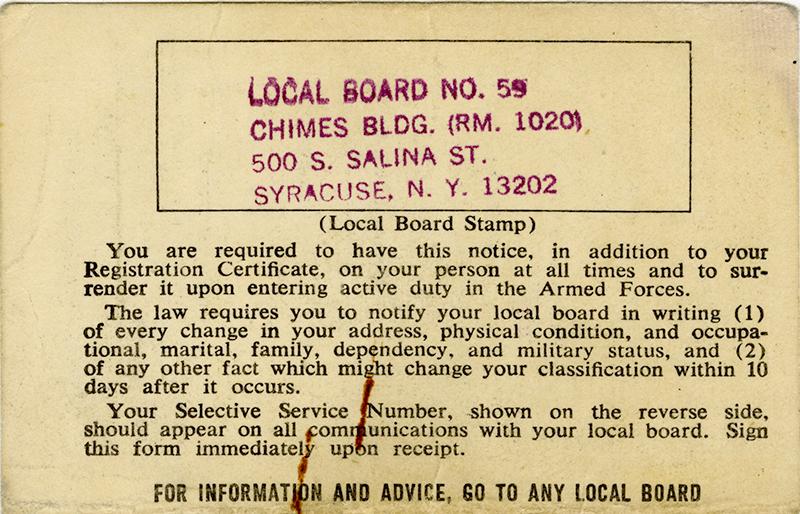
Credit: Canadian Museum of Immigration at Pier 21 [DI2016.393.3]
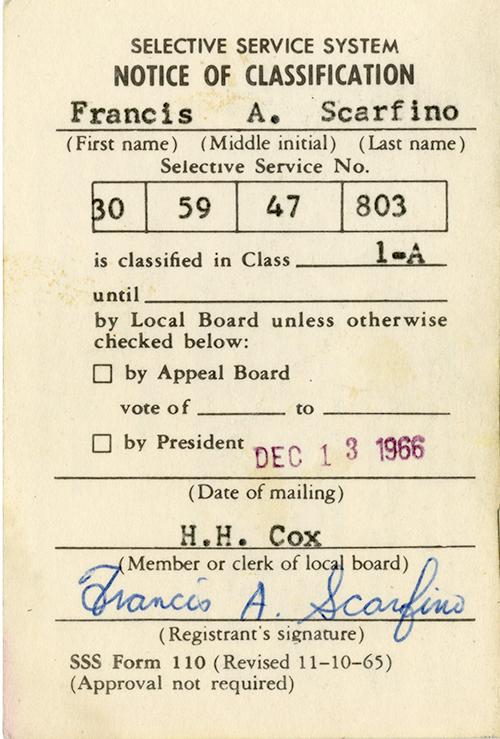
Credit: Canadian Museum of Immigration at Pier 21 [DI2016.393.5]
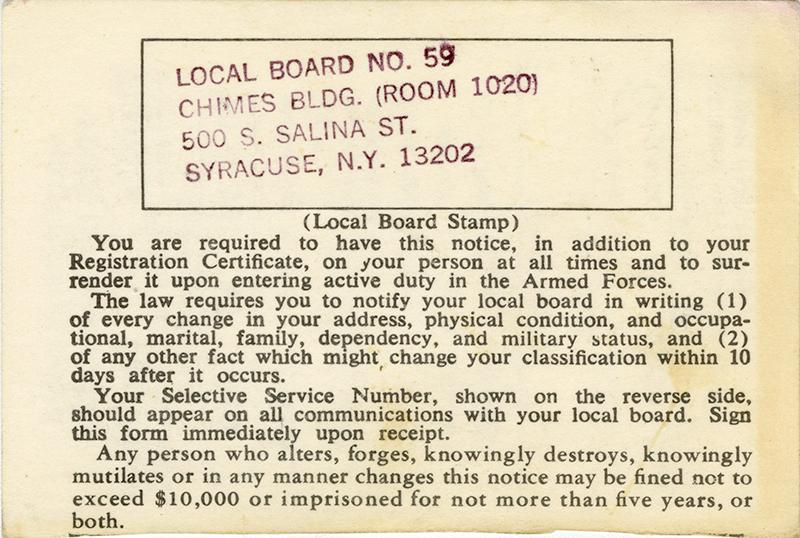
Credit: Canadian Museum of Immigration at Pier 21 [DI2016.393.5]
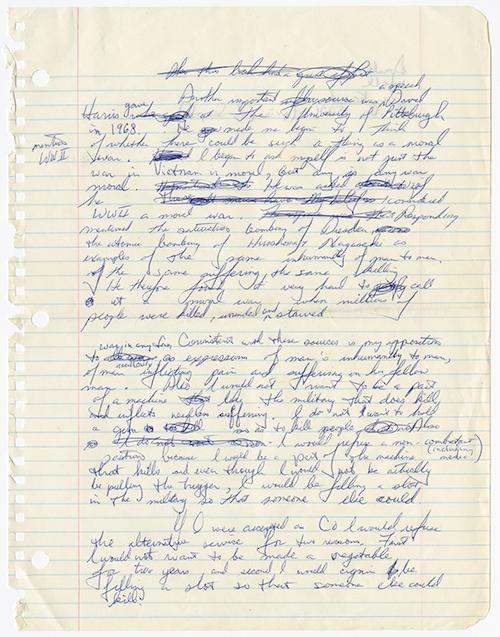
Credit: Canadian Museum of Immigration at Pier 21 [DI2016.393.7]
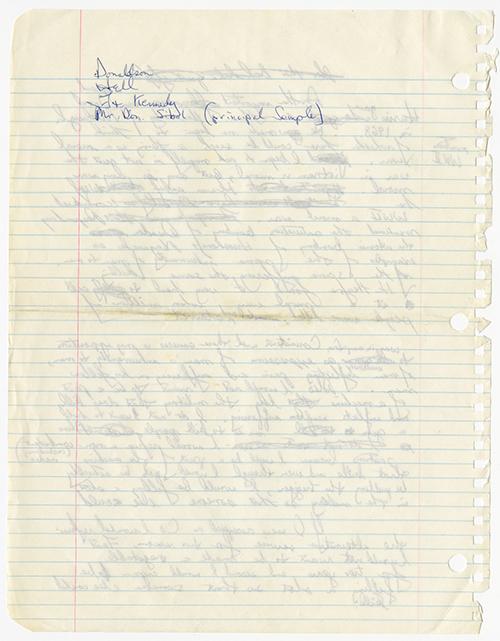
Credit: Canadian Museum of Immigration at Pier 21 [DI2016.393.7]
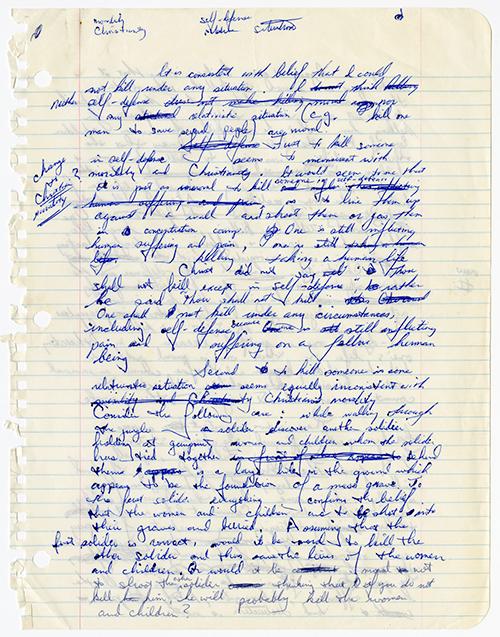
Credit: Canadian Museum of Immigration at Pier 21 [DI2016.393.7]
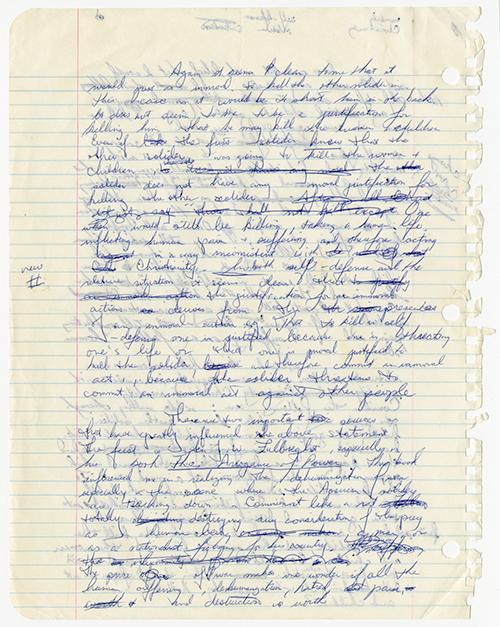
Credit: Canadian Museum of Immigration at Pier 21 [DI2016.393.7]
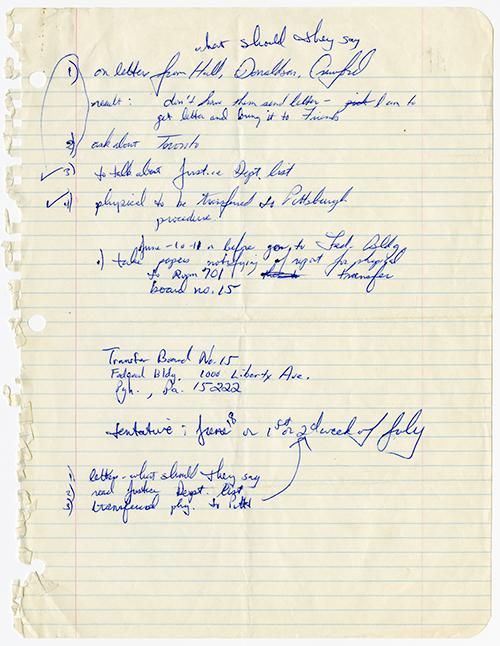
Credit: Canadian Museum of Immigration at Pier 21 [DI2016.393.7]
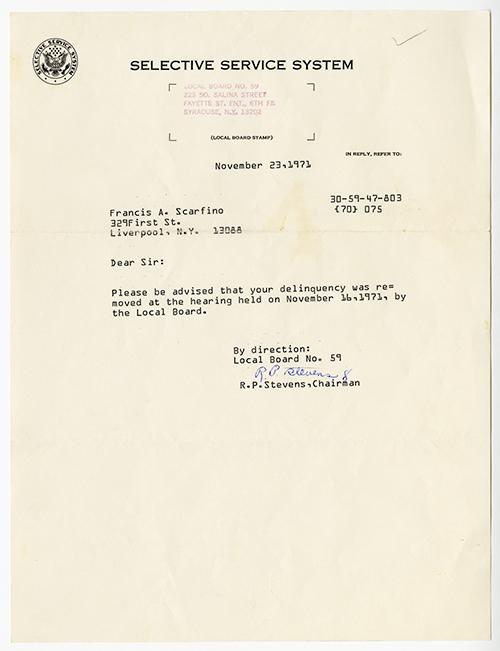
Credit: Canadian Museum of Immigration at Pier 21 [DI2016.393.27a]
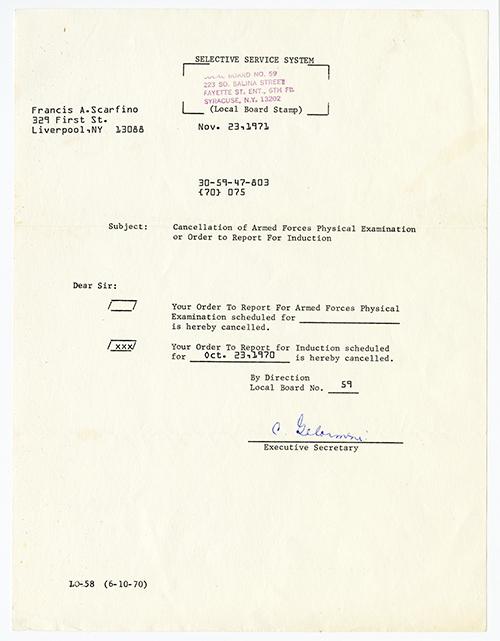
Credit: Canadian Museum of Immigration at Pier 21 [DI2016.393.27a]